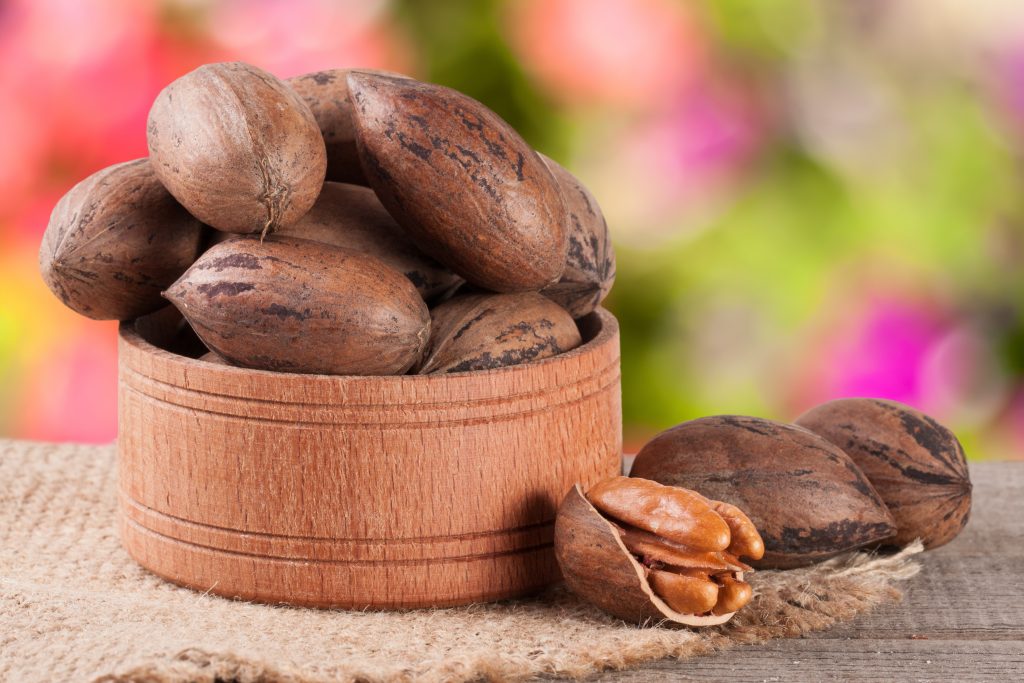By Clint Thompson
The future of global trade in pecans is currently on the minds of pecan industry leaders. What will Mexico’s growing industry look like in a few years? Will the U.S. relationship with India improve so producers can better take advantage of its huge market?

Those are questions that Samantha McLeod, executive director of the Georgia Pecan Growers Association, is wrestling with at the moment. India remains a priority. It’s a country with a population suited to pecan consumption. However, exorbitant tariff costs remain a barrier.
U.S. Trade Representative Katharine Tai’s responded favorably to Senator Raphael Warnock’s bipartisan letter urging assistance to negotiate with the Indian government for lower tariff rates for Georgia growers and shellers. It’s an encouraging step, though, progress is likely to take years.
“As long as we keep bending their ear and keep our voice heard, we just hope that keeps the process moving even if the administration doesn’t change,” McLeod said. “It was something we were working on with Rep. (Robert) Lighthizer with the Trump administration. It’s something that’s been a long-term project and ongoing reiteration of trying to continually raise the flag about the issue. It’s not going to happen overnight, and we understand that.”
“I think one of our other goals working with India is continuing that education. Right now, they don’t see pecans as a separate nut from a walnut. They see it as just another variety in the hickory family and walnut family. We have a lot of education to do.”
An established market in India would help offset China’s declining market. Though McLeod said U.S. pecans are starting to “trickle back into China,” there remains an unknown regarding the crop’s future in that country.
“I think we got too comfortable with all of our eggs in the China basket. We’re really trying to diversify our market options with regards to exports. That has been pretty critical the past couple of years,” she said.
McLeod and the pecan industry are also wary of pecans being imported into the U.S. from Mexico. The country’s pecan acreage is starting to rival U.S. production.
“We have heard that the Mexican pecan industry is just as big, if not bigger, in production than the United States production at the moment,” said. “It has been growing the past decade. With that, we have a research and promotion program to our national federal marketing order, which is called the American Pecan Promotion Board. If we import Mexican pecans into the United States, they have to follow all the rules and guidelines as we do, but also, they would have to pay an assessment as well. It’s the same as our growers. We’re just trying to even out the playing field for the nation’s pecan growers.
“It’s not something where we tried to completely eliminate imports of Mexican pecans but at least we’re on the same playing field when it comes to paying for marketing and promotion of those nuts. Now, U.S. growers and Mexican growers will be paying the same amount of assessment for the marketing and promotion of those nuts for American pecans.”









